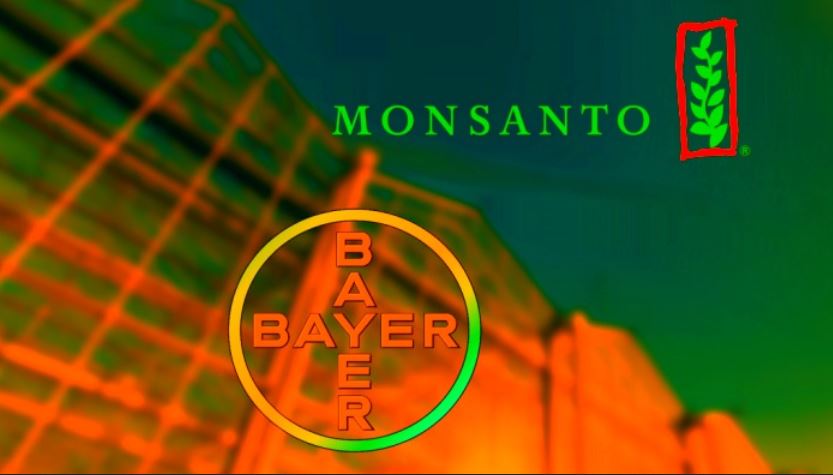Ante Upped on Bayer Monsanto Merger – Billions on the Table

The possibility of a merger between German pharmaceutical and chemical company Bayer AG and multinational seed and pesticide corporation Monsanto Co. has just increased with the recent rounds of discussions between the two companies.
Having been in discussion regarding Bayer’s potential purchase of Monsanto for some time, Bayer has now suggested that it is now willing to offer more than $65 billion dollars. This is a two percent increase from the previous offer made by Bayer. On the other side of the deal, Monsanto has agreed to open its books for Bayer to conduct thorough checks into the company’s business status.
Bayer’s previous offer was already considered the biggest all-cash takeover bid on record. Bayer has stated that it is prepared to offer 127.50 per share – $2.50 more per share than its previous offer. “Both sides are gradually nearing consensus,” said one person familiar with the discussions and quoted by Reuters.

If Bayer does indeed purchase Monsanto it will give the company the opportunity to become one of the top dogs in the “farm supplies industry” an already highly consolidated market.
Bayer would be combining its crop science aspect with Monsanto’s near-monopoly in seeds. Monsanto has stated that it is continuing the conversation with Bayer. As well as evaluating Bayer’s offer, it also stated that it was evaluating proposals from other prospective buyers although it declined to name these other parties.
While the deal has a high probability of going through, one must also wonder what will happen to Monsanto’s shares if Bayer declines to purchase the corporation.
Regardless, another interesting aspect of the potential merger is the possibility that the merger itself might violate the Clayton Act, a law that Congress passed years ago to prevent anti-competitive business practices. In fact, a legal opinion, written by two former officials from the Justice Departments Anti-Trust division argues that the merger would do just that.
- The merger would eliminate direct competition between two of the largest players in the traited seed sector, with direct consequences for seed development, herbicide markets, and innovative and open research and development.
- A merger will mean the new Bayer-Monsanto conglomerate will control nearly 70% of the cotton acreage in the United States – unacceptably high by antitrust standards. It would also have unacceptable market concentration in wide swaths of commercial seed development and sales for other commonly used varieties, including traited canola, soybeans, and corn developed in North America.
- The new corporation would likely lead to higher input prices, with less choice and higher food prices for consumers, and fewer non-biotechnology options available to farmers and consumers.
Natural and Non-Toxic Products. Up to 50% Off – Every Day (Ad)
The opinion argues that the Bayer-Monsanto merger would violate a 2008 court order that forced Monsanto to divest itself of certain cotton-breeding and cotton seed assets which were then sold to Bayer. If the merger goes through, Monsanto would necessarily reacquire these assets and thus, violate the court order.
Brandon Turbeville an author out of Florence, South Carolina. He is the author of six books, Codex Alimentarius — The End of Health Freedom, 7 Real Conspiracies,Five Sense Solutions and Dispatches From a Dissident, volume 1 and volume 2, The Road to Damascus: The Anglo-American Assault on Syria, and The Difference it Makes: 36 Reasons Why Hillary Clinton Should Never Be President. Turbeville has published over 600 articles dealing on a wide variety of subjects including health, economics, government corruption, and civil liberties. Brandon Turbeville’s podcast Truth on The Tracks can be found every Monday night 9 pm EST at UCYTV. He is available for radio and TV interviews. Please contact activistpost (at) gmail.com.

